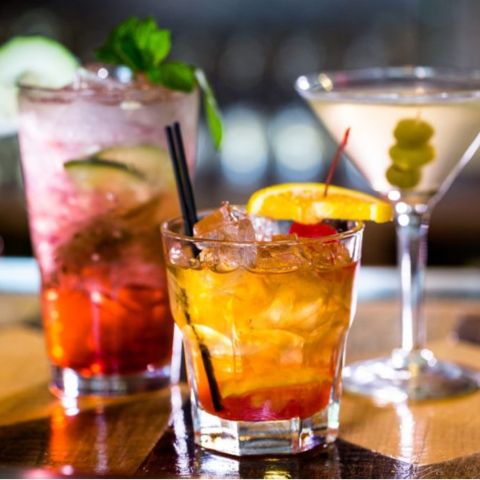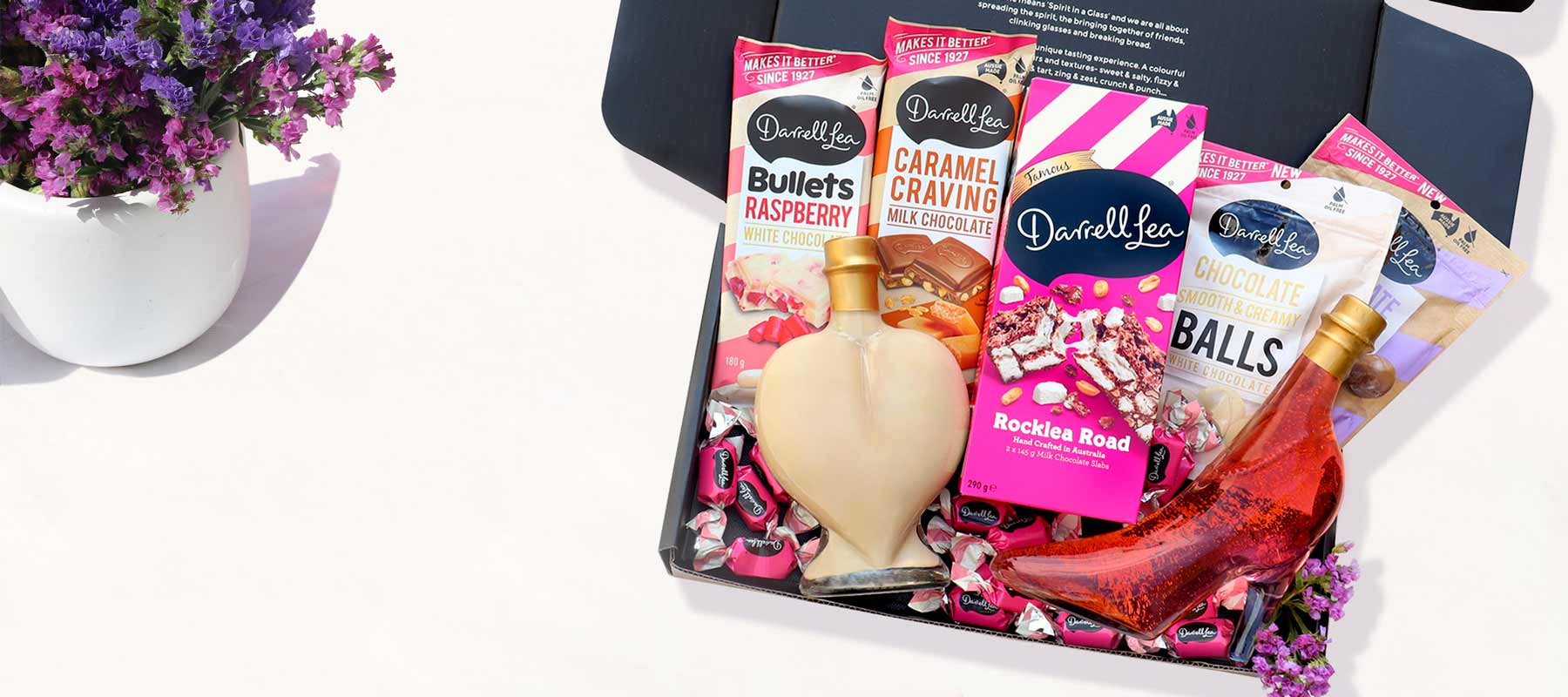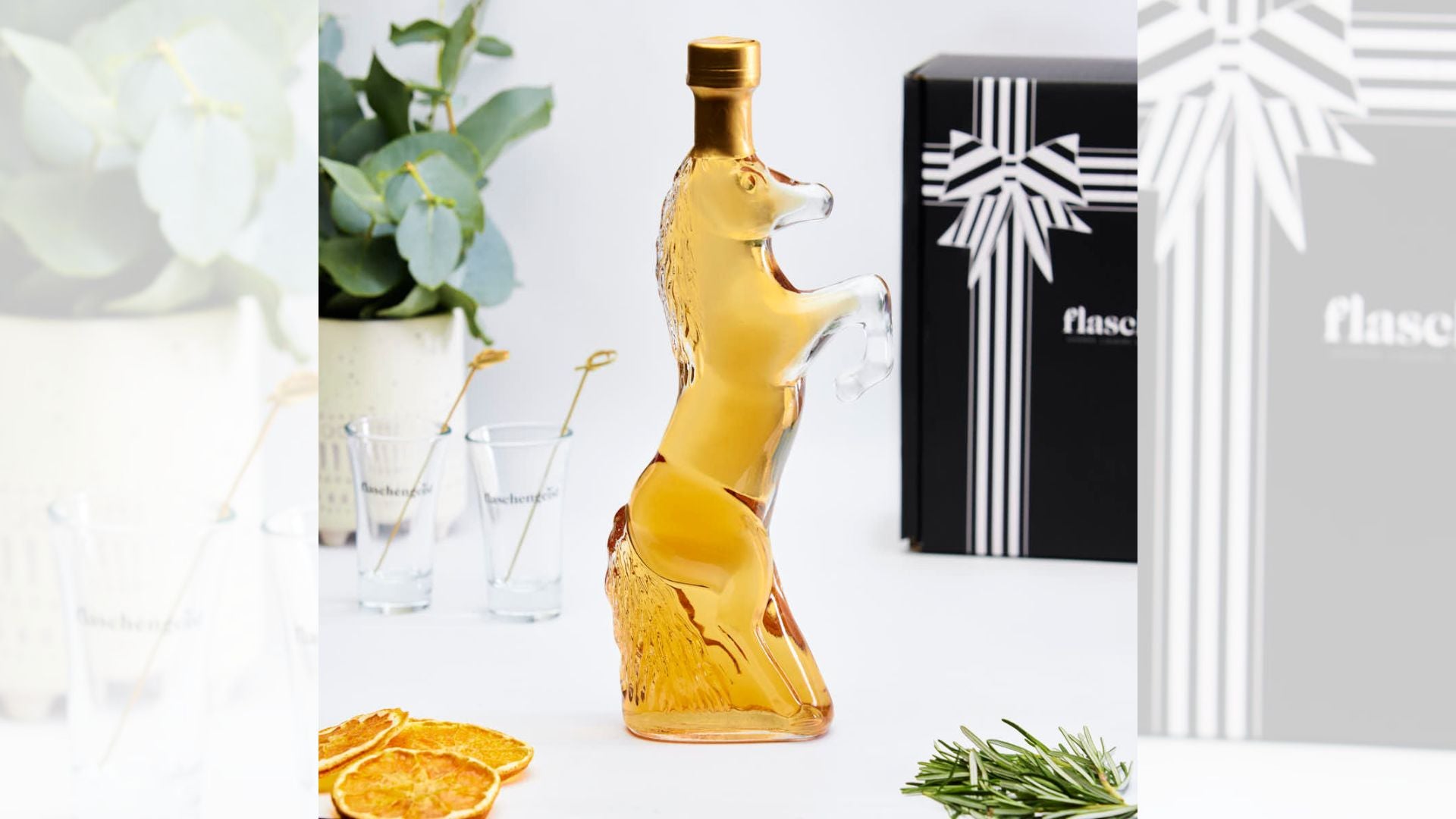
How Strong Are Cocktails, Really?
Hey there, fellow cocktail enthusiasts! Ever wondered just how strong those delightful concoctions we love to sip on really are? Well, get ready to embark on a fascinating journey as we dive deep into the world of cocktail strength. As an experienced mixologist specialising in gin cocktails, I'm here to share my expertise and shed some light on this intriguing topic. So, grab your favorite drink, sit back, and let's explore the true strength of cocktails together.
Understanding Alcohol Strength
First things first, let's talk about alcohol content. When we refer to the strength of a cocktail, we're essentially discussing its alcohol content, which is measured in Alcohol By Volume (ABV). ABV indicates the percentage of alcohol in a given volume of liquid. According to a research study, a (350 ml) cocktail with 40% ABV would contain (140 ml) of alcohol and (210 ml) of mixers and other ingredients. It's important to keep this in mind as we delve further into the world of cocktails.
Factors Influencing Cocktail Strength
Now, let's uncover the factors that determine the strength of a cocktail. One key component is the type of alcoholic beverages used. Different spirits have varying alcohol percentages, with some being inherently stronger than others. For example, a gin-based cocktail may have a higher ABV compared to a vodka-based one.
Additionally, the measurements and ratios of ingredients in a cocktail play a crucial role in its strength. A well-balanced cocktail requires careful consideration of the proportions. Adjusting the amount of alcohol, mixers, and other ingredients can significantly impact the final strength of the drink.
We mustn't forget the influence of mixers, dilution, and garnishes on a cocktail's overall strength. Mixers can range from fruit juices to soda, and even water. These additions can dilute the alcohol, resulting in a lower ABV. Conversely, some cocktails employ techniques such as stirring or shaking with ice, which introduces water through dilution. The dilution process can either enhance or reduce the drink's strength, depending on the desired outcome. Garnishes add aesthetic appeal but typically don't significantly impact the alcohol content.
Deceptive Cocktails: Appearance Can Be Misleading
It's time to uncover some of the most deceptively strong cocktails out there. You may have encountered visually stunning drinks that pack quite the punch. Take, for instance, the classic Martini. It's simple, elegant appearance may fool you into thinking it's a light sipper. However, a traditional Martini contains a generous amount of gin or vodka, making it quite potent. The same goes for the elegant Negroni, with its equal parts of gin, Campari, and sweet vermouth. These cocktails teach us not to judge a book by its cover.
Another fascinating aspect is how certain ingredients can mask the taste of alcohol. Fruity and citrusy components can successfully conceal the strength of a cocktail, making it dangerously easy to underestimate its potency. Take the popular and refreshing Mojito, for instance. The mint, lime, and soda can effectively mask the rum's potency, leading one to believe they're indulging in a mild drink. It's all part of the enchantment of cocktails, where flavours and strength can play hide-and-seek.
Let's take a trip back in time and uncover the stories behind some famous strong cocktails. The Old Fashioned, born during the 19th-century cocktail revolution, remains a timeless classic. Its simplicity and strength have made it a staple among cocktail connoisseurs. Another historical heavyweight is the Sazerac, which originated in New Orleans and boasts a combination of rye whiskey, absinthe, and aromatic bitters. Understanding the history behind these cocktails adds depth and appreciation for their robust character.
Common High-Alcohol Cocktails
Now, let's explore some popular high-alcohol cocktails and the stories that accompany them:

1. Classic Corpse Reviver No. 2
Ingredients:
- Potent blend of gin
- Lemon Juice
- Lillet Blanc
- Cointreau
- Touch of absinthe
This concoction has a reputation for its reviving powers after a night of indulgence.

2. Vieux Carré
Ingredients:
- Rye whiskey
- Cognac
- Sweet vermouth
- Bénédictine
- A dash of bitters creates a complex and robust flavour profile.
These cocktails are a tribute to New Orleans' French Quarter and exemplify the art of balancing high-alcohol spirits with other ingredients to craft a harmonious and potent experience.
Techniques for Adjusting Cocktail Strength
As a skilled mixologist, I've learned various techniques to adjust the strength of cocktails without compromising flavour. The followings are:
1. Dilute
- Stirring or shaking a cocktail with ice dilutes the alcohol, making it milder.
- For a milder cocktail, stir it a bit longer to introduce more dilution.
2. Substitutions and modifications
- Use a lower ABV spirit or reduce the amount of alcohol in the recipe to make a cocktail milder.
- Increase the proportion of high-proof spirits to make a cocktail stronger.
3. Flavour balance
- Experiment with different ingredients, syrups, bitters, and garnishes to enhance the overall complexity and make a strong cocktail more approachable.
- By understanding the interplay between sweetness, acidity, and bitterness, you can create a well-rounded drink that captivates the palate without overpowering it with alcohol.
Here are some additional tips for adjusting the strength of cocktails:
- Use a larger glass for a milder cocktail.
- Add more non-alcoholic mixers, such as soda water or juice, to a cocktail to make it milder.
- Use a lower-proof spirit, such as vodka or gin, to make a cocktail milder.
- Add a splash of water or club soda to a cocktail to dilute the alcohol and make it milder.
- Use a bitters to add complexity and flavour to a cocktail without adding alcohol.
- Garnish a cocktail with fruit, herbs, or spices to add flavour and visual appeal.
By following these tips, you can easily adjust the strength of cocktails to your liking.
Cocktail Strength and Responsible Consumption
While we celebrate the artistry and enjoyment of cocktails, it's essential to remember the importance of responsible drinking. Understanding your alcohol tolerance and pacing yourself when consuming cocktails is crucial for a safe and enjoyable experience. Always prioritize moderation and be aware of the effects of alcohol on your body.
When venturing into the world of cocktails, it's also beneficial to educate yourself about standard drink measurements and guidelines. Knowing the alcohol content of the cocktails you're consuming empowers you to make informed decisions and enjoy your favorite libations responsibly.
In conclusion, cocktails can range in strength depending on various factors such as the types of alcoholic beverages used, measurements, ratios, and dilution techniques. Some cocktails may appear innocent but pack a punch, while others strike a perfect balance between flavours and strength. By understanding the nuances of cocktail strength, you can savor the diverse range of flavours while appreciating the artistry behind each concoction.
So, my fellow cocktail enthusiasts, the next time you raise your glass, take a moment to appreciate the strength of your drink. Sip slowly, savor the flavours, and toast to the joyous world of cocktails, always with a sense of responsibility and moderation. Cheers!


